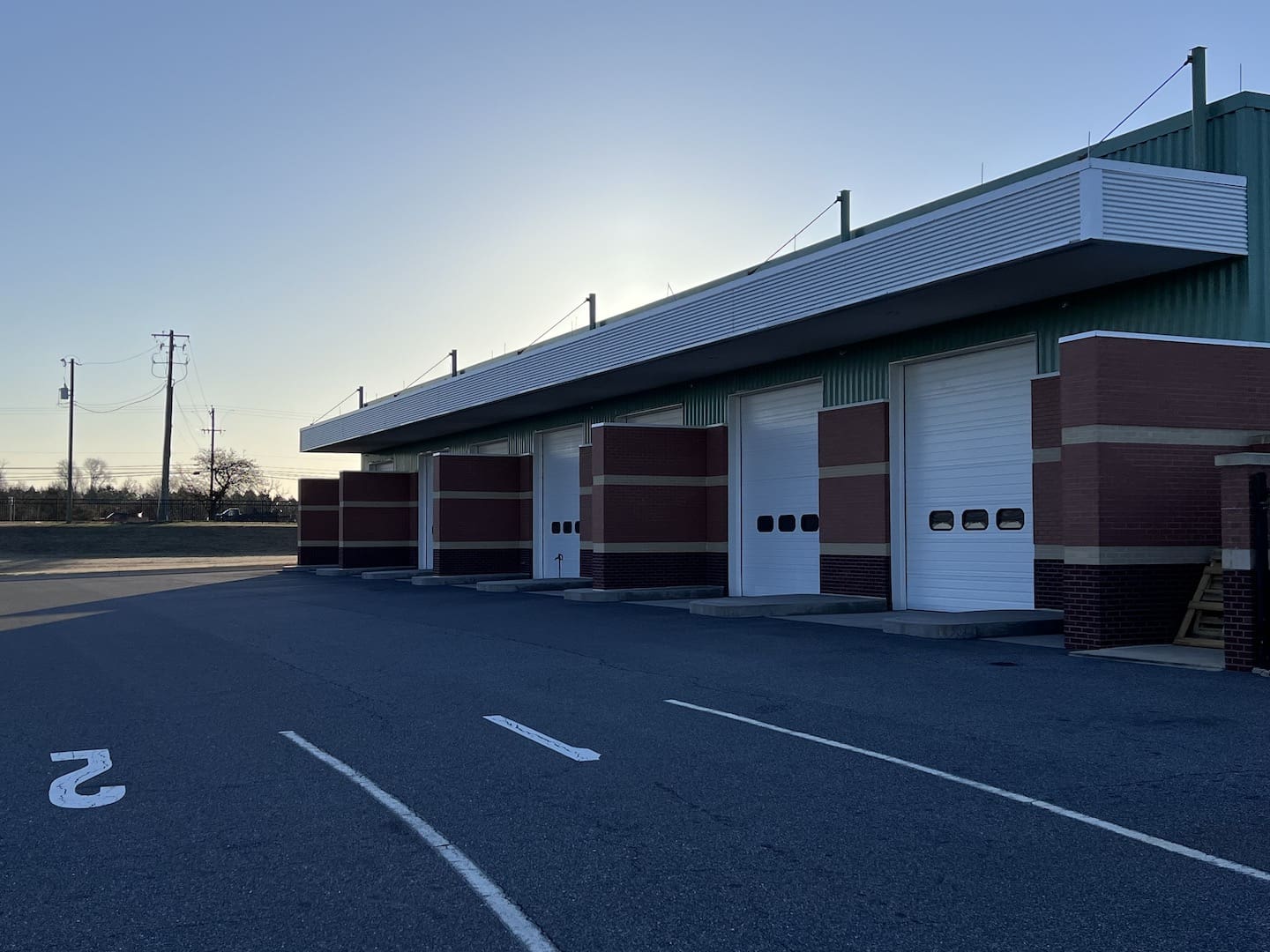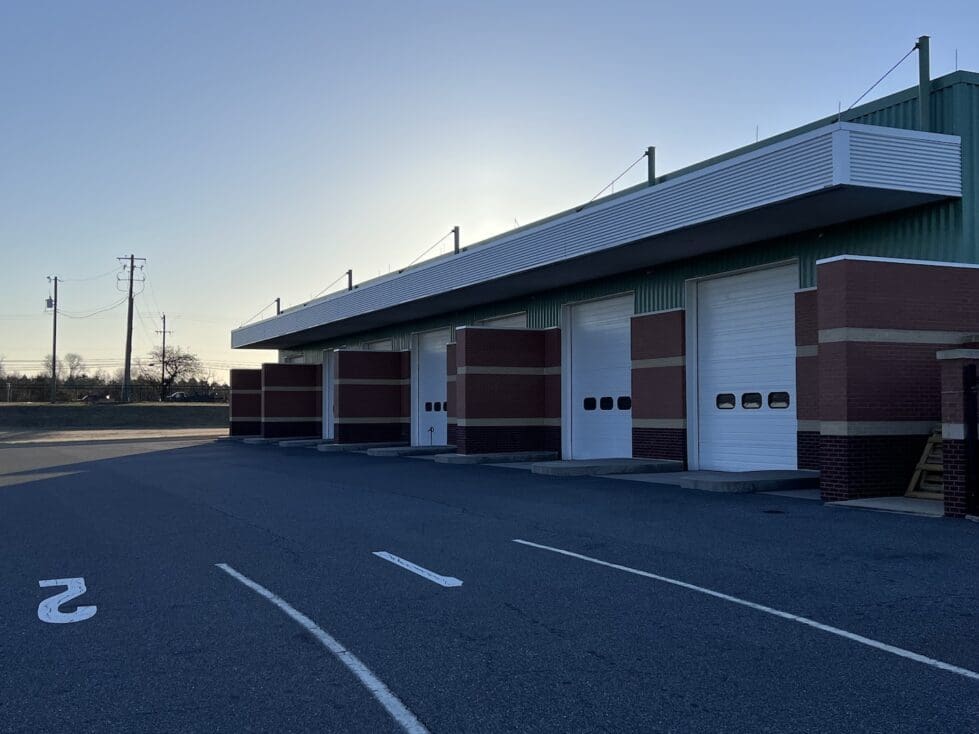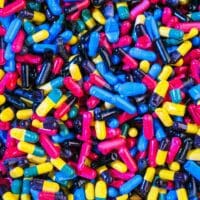

Inspection lanes in Wilmington, Delaware City and Dover will be closed today.
The smoke from Canadian wildfires has caused important changes in Delaware Division of Motor Vehicles operations today.
- Cash booths at toll plazas will be unattended. No violations will be issued.
- Inspection lanes in Wilmington, Delaware City and Dover will be closed. Georgetown’s lanes will remain open at this time, the agency announced early this morning.
- All road testing in Wilmington, Delaware City and Dover is cancelled for today. Customers will be contacted to reschedule. Georgetown appointments will proceed as scheduled.
- DMV on the Go will not be at Big Lots in Seaford today but will return next Thursday.
The moves are intended to protect the health of DMV staffers. Customers can also avoid traveling outdoors by opting to complete more than 20 DMV transactions at mydmv.delaware.gov.
Air quality
As of this morning, much of New Castle County was under air quality levels of 301 to 500, represented by a maroon color code indicating hazardous on the Air Quality Index. Kent and Sussex counties have been under purple or very unhealthy levels of 201 to 300 and red or unhealthy levels of 151 to 200, respectively.
“Right now, we need everyone to be safe, especially Delawareans with increased risk from this very unhealthy air,” Shawn M. Garvin, secretary of the Delaware Department of Natural Resources and Environmental Control, said today. “We love to get outdoors, especially here in Delaware, but today is not the day. Delawareans should spend this time indoors as much as possible.”
For those who must be outdoors, properly-fitted N95 or KN95 masks help reduce exposure from particulate matter, DNREC said. Typical masks – such as cloth or surgical types often used during the pandemic – will not provide adequate protection from poor air quality from particulate matter. The best protection is to remain indoors in a cool and clean environment, the agency added.
Delawareans can check the air quality for the coming days and sign up for air quality alerts at a page maintained by DNREC. Airnow.gov offers Access real-time data and interactive maps on current conditions.
As of mid-morning, the page was calling today a Code Red Air Quality Action Day (so was Wednesday) and Friday a Code Orange.
“Light northwesterly winds through the overnight and morning hours will continue to transport dense smoke from Canadian wildfires into Delaware,” it said. “Winds are then expected to shift to southeasterly in the afternoon, recirculating smoke across the Mid-Atlantic. Therefore, despite scattered afternoon rain showers enhancing mixing, AQI levels will be Unhealthy for PM2.5. Furthermore smoke will also contribute to ozone precursors, leading to Moderate ozone levels.
The prediction for Friday: “June 9 is anticipated to be a Code Orange Air Quality Action Day. A trough of low pressure aloft and scattered rain will aid atmospheric mixing and hinder ozone development. However, light and variable winds will allow smoke to linger across Delaware. Therefore, AQI levels are anticipated to be Unhealthy for Sensitive Groups for PM2.5.
There’s better news coming up: “Saturday, light northwesterly winds through the early morning hours will allow dense smoke to linger over Delaware. However, moderate west-northwesterly winds will gradually disperse smoke and bring a cleaner air mass into the region in the afternoon. As a result, AQI levels are anticipated to be high-Moderate.”
DNREC on Wednesday “advised all individuals to limit prolonged or heavy physical activity and time spent outdoors and to stay indoors, preferably in a space with filtered air.”
Particle pollution can affect anyone, but it bothers some people more than others. DNREC and the Department of Public Health have provided the following guidance:
- Avoid strenuous outdoor activity. While people with respiratory conditions should stay inside, make sure they have their inhaler or medicine.
- Wear a properly fitted (fit tested) N95 for those who must go outside for long periods of time. Typical masks such as cloth, surgical, or KN95 will not provide adequate protection from poor air quality from particulate matter. The best protection is to remain indoors in a cool and clean environment.
- Avoid using anything that burns, such as wood fireplaces, gas logs, gas stoves and even candles.
- Avoid spraying aerosol products.
- Avoid frying or broiling meat.
- Avoid smoking cigarettes.
- Don’t vacuum while air quality remains unhealthy or very unhealthy since it stirs up particles already inside your home.
- Reduce the amount of smoke and particulate matter in your vehicles by keeping the windows and vents closed, and, if available, operating the air conditioning in “recirculate” mode.
DPH warns that certain populations – including young children, older adults and those with lung conditions – could be more significantly impacted. While canceling outdoor events is not necessary, the agency recommends relocating indoors when possible.
Share this Post








